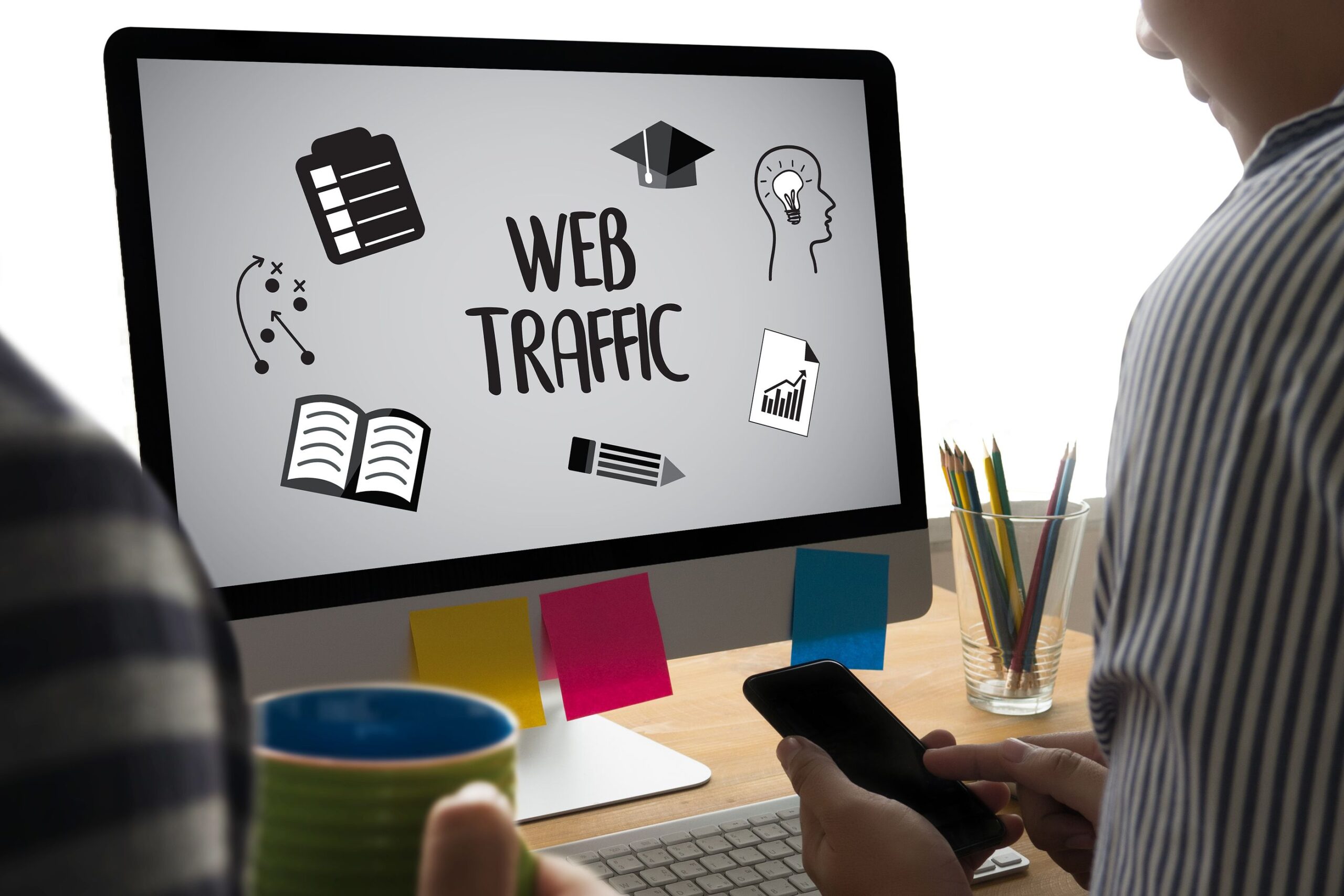The Future of Work: Trends That Will Shape the Workplace in 2025
As we look towards 2025, the workplace is poised for transformative changes driven by technology, evolving employee expectations, and shifting economic landscapes. Understanding these trends can help businesses adapt and thrive in this new era. Here are some key trends that will shape the future of work:
1. Remote and Hybrid Work Models
The pandemic has fundamentally altered our view of the workplace. By 2025, remote and hybrid work models will be the norm rather than the exception. Companies will increasingly embrace flexible work arrangements, allowing employees to choose where and how they work. This shift will necessitate the development of robust remote work policies and technologies that facilitate collaboration and maintain company culture, no matter where team members are located.
2. Emphasis on Employee Well-Being
Employee well-being will take center stage in workplace strategies. Organizations will recognize that mental and physical health directly impact productivity and retention. Expect to see more companies offering wellness programs, mental health resources, and flexible schedules designed to support work-life balance. A holistic approach to employee well-being will not only enhance job satisfaction but also foster a more engaged workforce.
3. Rise of Artificial Intelligence and Automation
AI and automation will continue to revolutionize the workplace. By 2025, many routine tasks will be automated, allowing employees to focus on higher-value activities that require creativity and critical thinking. Businesses will need to invest in training and upskilling their workforce to ensure employees can work effectively alongside advanced technologies. This shift will require a cultural embrace of lifelong learning and adaptability.
4. Greater Focus on Diversity and Inclusion
Diversity, equity, and inclusion (DEI) will remain a top priority for organizations. In 2025, companies will be held accountable for their DEI initiatives and must demonstrate tangible progress. A diverse workforce not only fosters innovation but also reflects the global marketplace. Expect to see more organizations implementing comprehensive DEI training, mentorship programs, and inclusive hiring practices to create a more equitable workplace.
5. Data-Driven Decision Making
Data analytics will become increasingly integral to business operations. By leveraging data, companies can gain insights into employee performance, customer behavior, and market trends. This data-driven approach will empower organizations to make informed decisions, tailor their strategies, and ultimately drive better results. As a result, professionals skilled in data analysis and interpretation will be in high demand.
6. Enhanced Collaboration Tools
As remote and hybrid work models become commonplace, the need for effective collaboration tools will grow. By 2025, we can expect a surge in innovative technologies that facilitate communication and collaboration across teams. Virtual reality (VR) and augmented reality (AR) may play a role in creating immersive meeting experiences, while AI-powered tools will streamline workflows and enhance productivity.
7. The Gig Economy’s Expansion
The gig economy will continue to thrive, providing flexibility for both workers and businesses. By 2025, more professionals will opt for freelance or contract work, valuing autonomy over traditional employment benefits. Companies will need to adapt their workforce strategies to accommodate this shift, integrating gig workers into their teams while ensuring fair compensation and access to resources.
8. Continuous Learning and Development
In a rapidly changing work environment, continuous learning will be essential. Organizations will need to foster a culture of ongoing education and professional development. By 2025, expect to see more companies offering personalized learning experiences, online courses, and mentorship programs to help employees grow their skills and advance their careers.
Conclusion
The future of work is not just about adapting to change; it’s about anticipating it. As we move towards 2025, organizations that embrace these trends will be better positioned to attract and retain top talent, drive innovation, and achieve sustainable success. By prioritizing flexibility, well-being, diversity, and continuous learning, businesses can create a workplace that meets the needs of the modern workforce and thrives in an ever-evolving landscape. This blog is for informational purposes only and does not constitute professional advice. We make no guarantees about the accuracy or completeness of the information. Please seek professional advice for your specific situation.



